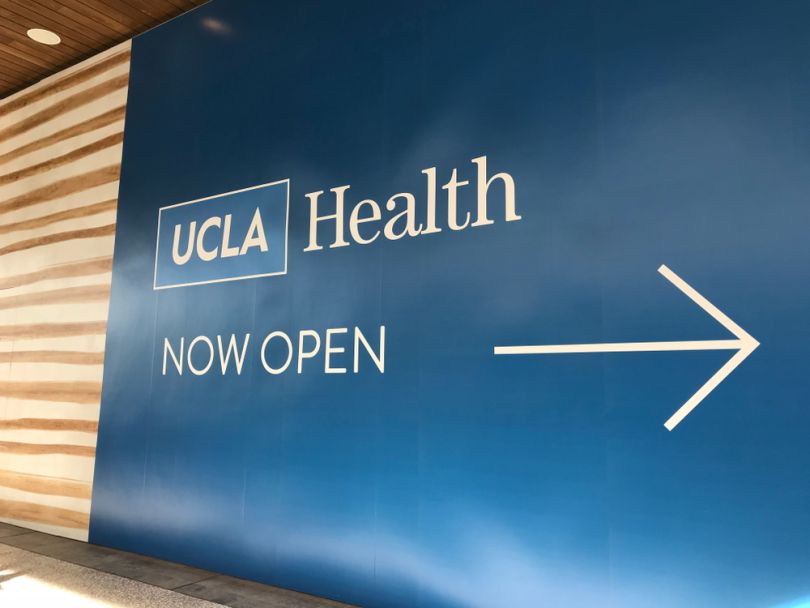
Cloud computing holds promise for the growing and data-intensive field of precision medicine. HIT Infrastructure reports that UCLA Health is using Microsoft Azure cloud services to unify clinical and research data on one platform.
“The integration of information from structured data, like lab results and medication information, with unstructured data, like documentation, genomics and medical images, creates an incredibly powerful big-data learning platform for discovery,” explained Michael Pfeffer, M.D., assistant vice chancellor and CIO for UCLA Health Sciences.
UCLA plans to leverage artificial intelligence and machine learning cloud-based tools for data processing and pattern identification.
“We are committed to creating better patient outcomes by providing UCLA Health with Microsoft Azure cloud and AI solutions to improve treatments and lives. By connecting health data and systems in the cloud in an interoperable way, we’re excited we can help advance health care data for more efficient and personalized care.”
“We are committed to creating better patient outcomes by providing UCLA Health with Microsoft Azure cloud and AI solutions to improve treatments and lives,” said Peter Lee, corporate vice president at Microsoft Healthcare. “By connecting health data and systems in the cloud in an interoperable way, we’re excited we can help advance health care data for more efficient and personalized care.”
Mohammed Mahbouba, M.D., chief data officer for UCLA Health Sciences, added: “Analyzing large data sets to make scientific discoveries is a race against time. Using machine learning to analyze a combination of clinical and genomics data can provide critical insights, but doing so with a traditional computing infrastructure can require significant processing time. Azure enables us to quickly deploy and scale high-performance computing environments that can reduce the required processing time — sometimes from months to days — to make discoveries.”
“Another advantage of cloud computing is the way it enables UCLA researchers to more efficiently and securely work with their peers,” said Paul Boutros, Ph.D., director of Cancer Data Science at UCLA Jonsson Comprehensive Cancer Center.
“Cloud computing will allow researchers from different fields and institutions to collaborate, joining data sets and software from different formats that could not previously be integrated in a simple way,” Boutros continued. “We’re bringing together new communities of experts — including computer scientists, engineers, material scientists and others — to solve the biggest health care questions. This platform allows us to provide our research collaborators with secure access to important data in one place, without moving sensitive, private health information.”



